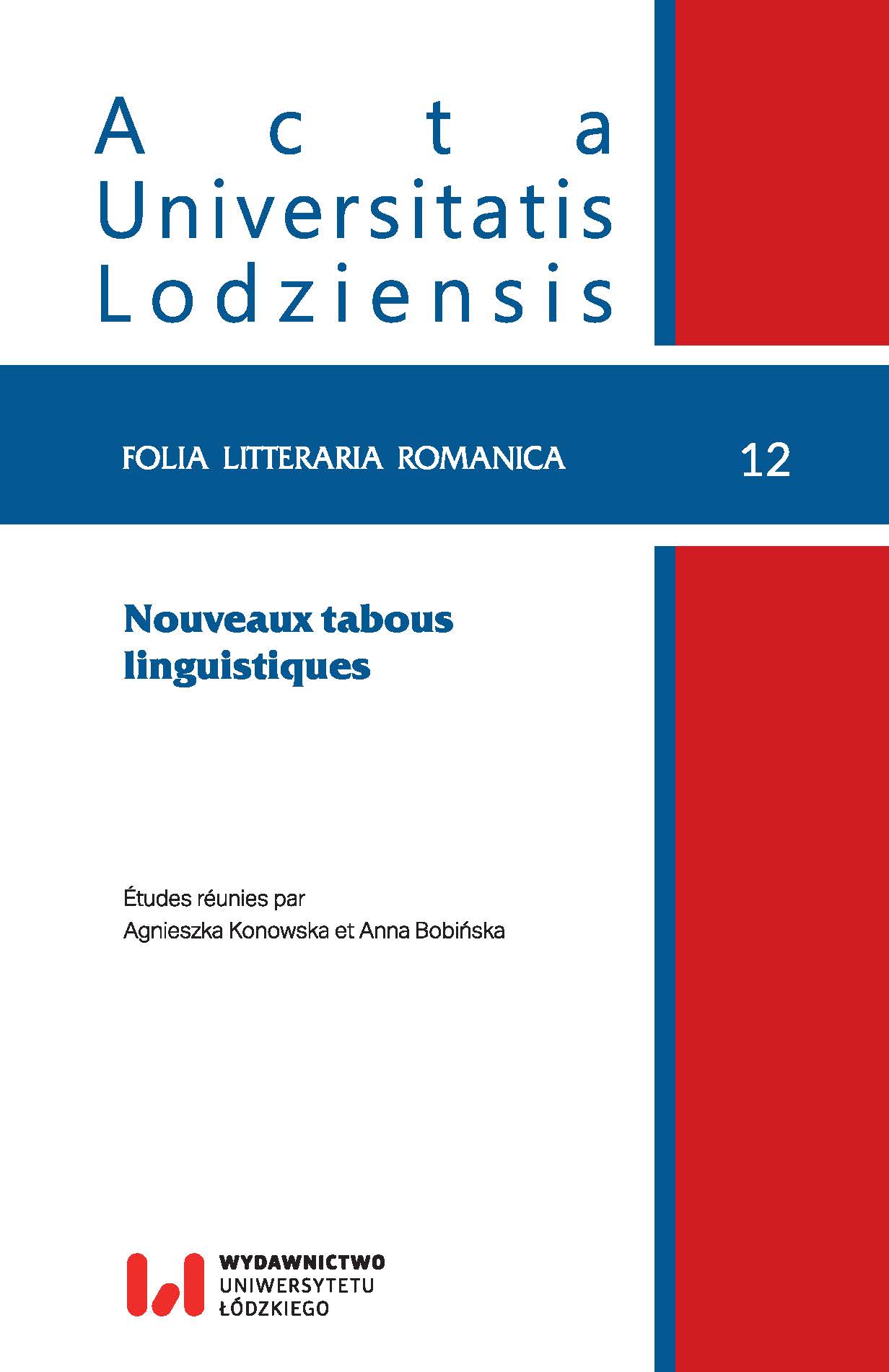Breaking the taboo on the Internet – linguistic analysis of the memes on Aleksander Kwaśniewski
DOI:
https://doi.org/10.18778/1505-9065.12.17Keywords:
sociolinguistics, lexicology, hate, meme, social media, Facebook, tabooAbstract
In the book Totem and taboo Sigmund Freud says that “the foundation of taboo is the forbidden action for whom exists in the sub-conscience a strong inclination”. Politics is a discipline that has been benefitcial/gainful to men from the beginning, has been shown for advantage the men who awake constraint emotions, like admiration, curiosity, but also jealousy or disregard. By the emergence of social media, like Twitter or Facebook, and thanks to liberty of expression on the internet, we observe strong inclination for our sub-conscience that is satisfied with no limits. We were interested in our research in the taboo of alcoholic inclinations of polish ex-president, Aleksander Kwaśniewski who is still alive in the internet. With visual support and at the same time modern means of communication in the Internet, the memes, we will present the company of denigration which is caused by the hate using the irony and the euphemism as a way to break the taboo that exists for 25 years. Our clasement will base on the corpus created from about a hundred memes taken from the Facebook fanpage “Aleksander Kwaśniewski Memes”. Putting aside the sociolinguistic analysis, we will proceed the classification of the memes from the point of vew of their construction, distinguishing the figures, the allusions, the neologisms, the “borrowed” words, the graphic and the phonetic changes which can be observed.
Downloads
References
Dawkins Richard, Le Gène égoïste, Paris, Odile Jacob, 2003
Google Scholar
Duteil-Mougel, Carine, « Introduction à la rhétorique », Texto !, 2005 [en ligne], URL : http://www.revue-texto.net/Reperes/Themes/Duteil/Duteil_Rhetorique.html (consulté le 10.09.2016)
Google Scholar
Errera Christine, « La vie privée des politiques, un tabou de la presse française », Communication et langages, 2006, vol. 148, n° 1, Dialogues politiques : images et miroirs, p. 81–102
Google Scholar
Freud Sigmund, Totem et tabou. Interprétation par la psychanalyse de la vie sociale des peuples primitifs, 1912, traduction française de S. Jankélévitch autorisée par Freud en 1923, Paris, Payot, 1951
Google Scholar
Jouxtel Pascal, Comment les systèmes pondent : Une introduction à la mémétique, Paris, Éditions le Pommier, Coll. « Mélétè », 2005
Google Scholar
Pruvost Jean, Sablayrolles Jean-François, Les néologismes, Paris, PUF, 2003
Google Scholar
Reboul Olivier, Introduction à la Rhétorique, Paris, PUF, 1991
Google Scholar
Widłak Stanisław, « L’interdiction linguistique en français d’aujourd’hui », Revue belge de philologie et d’histoire, 1965, t. 43, fasc. 3, Langues et littératures modernes - Moderne taal- en letterkunde, p. 932–945
Google Scholar
Woch Agnieszka, Napieralski Andrzej, « La “norme” et les échanges en ligne : une étude des mèmes politiques des internautes polonais », La Linguistique, 2016, 52(1), p. 151–172
Google Scholar
Downloads
Published
How to Cite
Issue
Section
License

This work is licensed under a Creative Commons Attribution-NonCommercial-NoDerivatives 4.0 International License.













